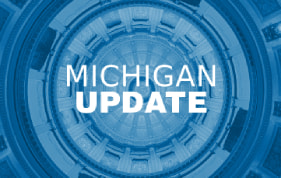A recent report examines the importance of behavioral healthcare (BH) and its ability to improve outcomes and reduce costs when integrated in meaningful ways with medical services, especially primary care.
An HMA team of behavioral health experts, including Annalisa Baker, Ann Filiault and Josh Rubin, published the report, The Value of Community Behavioral Health Providers & Their Networks with the New York State Council for Community Behavioral Healthcare and the New York State Collaborative BH Independent Provider Associations (IPA).
Patients with mental health and substance use disorders are heavy utilizers of healthcare services and Medicaid spending is nearly four times the cost compared to other enrollees. By developing and working within IPAs, providers can enable community healthcare and come together to establish systems of population care, build technology infrastructures, develop needed workforce and work toward value-based healthcare.
New York state is investing in the development of behavioral IPAs through the Behavioral Health Value Based Payment Readiness Program. The report outlines policy recommendations for promoting BH IPAs and maximize their positive impacts including:
- Facilitate access to data for BH IPAs by enabling them to access the Medicaid Data.
- Warehouse and including data sharing requirements in future managed care contracts.
- Include BH IPAs in network adequacy definitions for Medicaid MCO Contracts to ensure that Medicaid beneficiaries have access to integrated behavioral health care and revise the definition of valid VBP Level 2 or 3 arrangements to include BH IPAs.
- Fund a Phase 2 Infrastructure Program to provide the BH IPAs additional time to realize the goals of the BH VBP Readiness Program.





